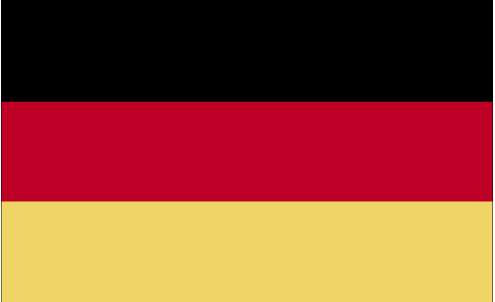Indonesia United States Singapore Philippines Malaysia United Kingdom India Australia China Canada Turkey Thailand Nigeria Netherlands Ireland South Africa Hong Kong Vietnam Pakistan Germany Finland Russia Iran Spain Israel France Taiwan Japan Greece Timor-Leste Egypt South Korea Ecuador Sweden Brazil Peru Saudi Arabia Poland Mexico Austria Italy Cambodia Kenya Norway Colombia New Zealand Brunei Darussalam United Arab Emirates Portugal Sri Lanka Ghana Bangladesh Malta Kazakhstan Ukraine Hungary Lithuania Belgium Denmark Romania Algeria Chile Jordan Iraq Uzbekistan Switzerland Mauritius Czech Republic Tanzania Morocco Oman Ethiopia Uganda Lebanon Slovenia Nepal Puerto Rico Qatar Slovakia Belarus Argentina Cyprus Maldives Estonia Serbia Croatia Zimbabwe Latvia Namibia Fiji Bhutan Jamaica Palestinian Territory Yemen Kuwait Bahrain Barbados Bulgaria Albania Macao Georgia Trinidad and Tobago Venezuela Myanmar Kosovo Syria Dominican Republic Costa Rica Sudan Libya Luxembourg Lesotho Cameroon Rwanda Afghanistan Bosnia and Herzegovina Guyana Senegal Togo Panama Botswana American Samoa Uruguay Kyrgyzstan Cote D'Ivoire Guam Papua New Guinea Zambia Benin British Virgin Islands Seychelles Grenada Tunisia Somalia Suriname Iceland Bermuda Belize Liberia United States Minor Outlying Islands Laos Paraguay Armenia North Macedonia Mongolia Tonga Cayman Islands Saint Vincent and the Grenadines Mozambique Antigua and Barbuda Azerbaijan Malawi Moldova Nicaragua Jersey Cuba Guatemala Faroe Islands Turks and Caicos Islands Gibraltar Saint Lucia Vanuatu El Salvador Mauritania South Sudan Anguilla Eswatini Isle of Man Bolivia Guernsey Martinique Germany Flag Meaning & Details 291 VISITORS FROM HERE! Germany Flag Flag Information three equal horizontal bands of black (top), red, and gold these colors have played an important role in German history and can be traced back to the medieval banner of the Holy Roman Emperor - a black eagle with red claws and beak on a gold field
Learn more about Germany » CIA - The World Factbook
 Previous Country | Next Country
Previous Country | Next Country  » Back to Flag Counter Overview
» Back to Flag Counter Overview
 Previous Country | Next Country
Previous Country | Next Country  » Back to Flag Counter Overview
» Back to Flag Counter Overview